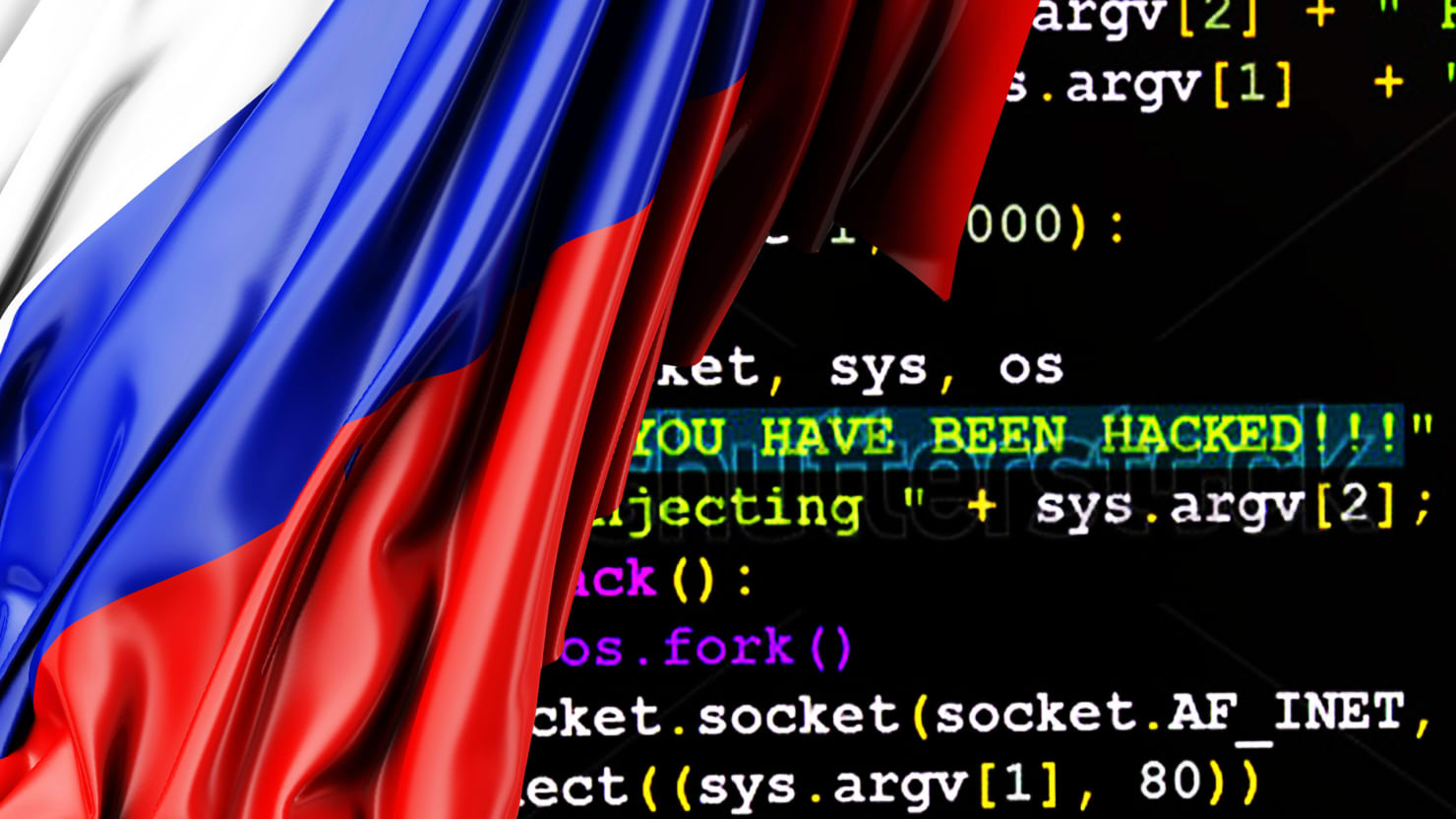In the latest report on global information security, Microsoft accuses Russia of massive cyberattacks in connection with the war in Ukraine. It states that Russian hackers have carried out numerous cyber-espionage operations against Ukraine’s allied countries since the start of Russia’s full-scale invasion of Ukraine.
Let me remind you that we reported that Hacker groups split up: some of them support Russia, others Ukraine, and also that Russian Hackers Use Follina Vulnerability to Attack Users in Ukraine.

The Russian embassy in Washington did not immediately comment on Microsoft’s accusation. Russia has previously denied conducting cyber-espionage operations, as this is contrary to the principles of Russian foreign policy.
Specialists have already traced a number of devastating cyberattacks on Ukrainian organizations by Russian hacker groups since the start of the special operation.
Microsoft’s report states that researchers found 128 organizations in 42 countries outside of Ukraine that were subjected to spy-targeted hacks.
According to Microsoft researchers, the United States, Denmark, Latvia, Lithuania, Norway and Poland, countries that provided critical support to Ukraine during the conflict, suffered the most attacks. Finland and Sweden, countries that have declared their desire to join NATO, also suffered.
According to Microsoft, hacking attacks were successful about 29 percent of the time, and in some cases led to the theft of valuable data.
The notable exception was Estonia, where since Russia invaded Ukraine on February 24, Microsoft has not detected any Russian cyber intrusions. The company believes that Estonia has implemented cloud computing, where attackers are easier to detect.
Microsoft said Ukraine’s cyber defenses “proved to be stronger” overall than Russia’s capabilities in “waves of devastating cyberattacks against 48 different Ukrainian agencies and businesses.”
Microsoft said that Ukraine has also set an example in the field of data protection. A week before the Russian invasion, Ukraine moved from storing its data locally on servers in government buildings to storing that data in the cloud hosted in data centers across Europe.




